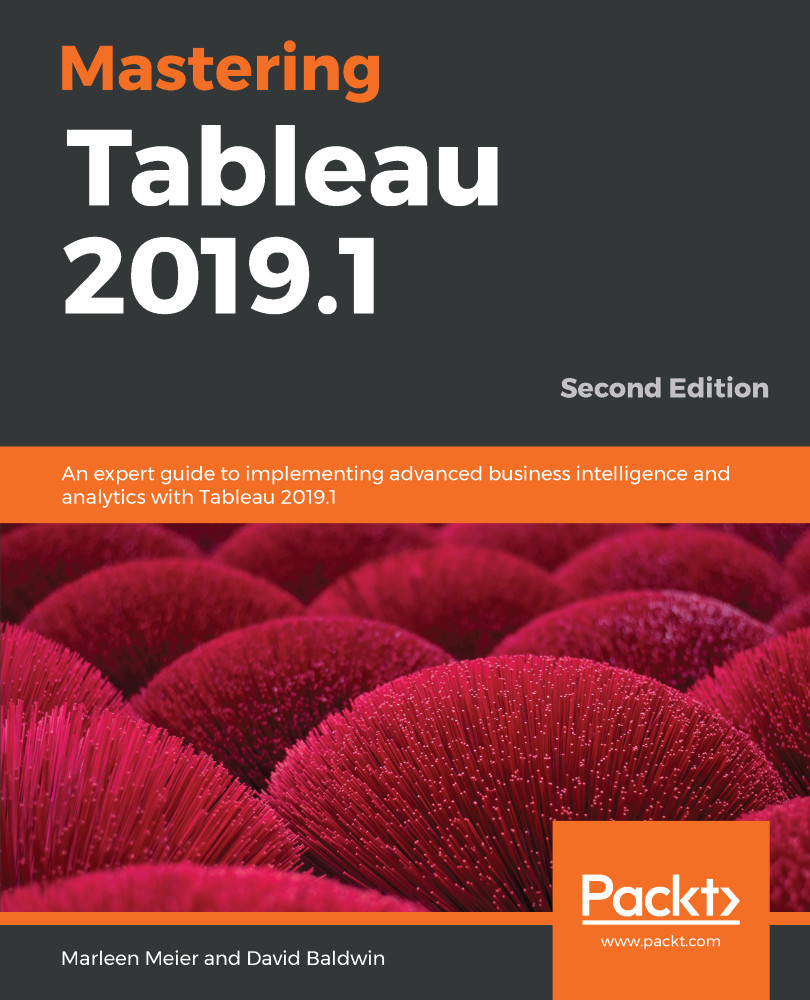Data source filters are applied throughout the workbook. For example, if you create a data source filter that removes all members of the Country dimension except the USA, the 'Country' dimension will only include the USA for all worksheets in the workbook.
Data source filters improve performance in the same way as dimension and measure filters; that is, data source filters cause Tableau to generate a query to the underlying data source, which will limit the data that is returned. Less returned data generally results in quicker processing and rendering. A further advantage data source filters offer is ease of authoring. For example, if the Tableau author knows in advance that an entire workbook is going to be USA-centric, creating a data source filter saves you the trouble of applying a dimension filter to every worksheet in the workbook...


